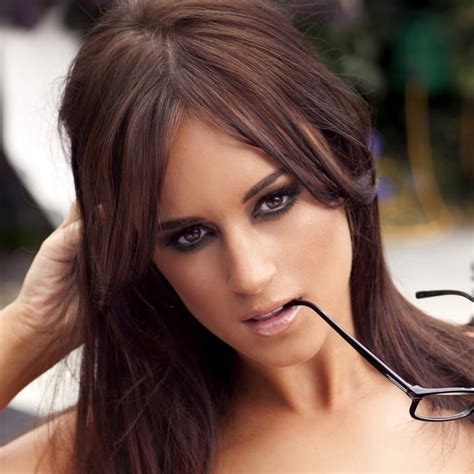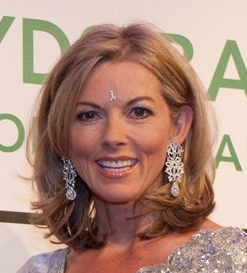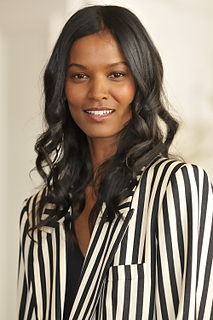A Quote by Emily Oster
Prenatal testing is a complicated decision for many women, forcing us to confront concerns about a disabled child and risks of miscarriage.
Related Quotes
The rapid growth of prenatal testing has had some undeniably positive effects: A woman who knows she will bear a child with a handicap can plan to deliver in a hospital equipped for risky births. And many couples prefer the opportunity to prepare psychologically for the work of raising a disabled child.
A miscarriage is a natural and common event. All told, probably more women have lost a child from this world than haven't. Most don't mention it, and they go on from day to day as if it hadn't happened, so people imagine a woman in this situation never really knew or loved what she had. But ask her sometime: how old would your child be now? And she'll know.




































